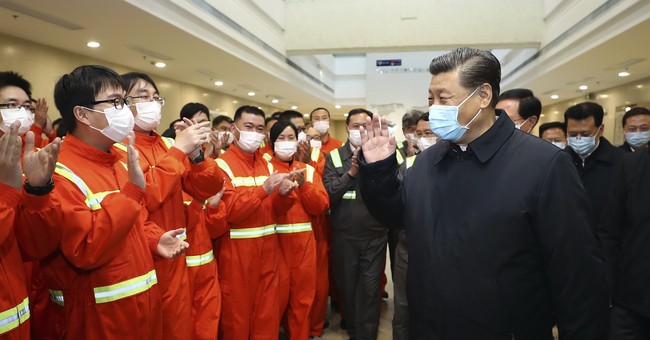
The Wuhan virus crisis has created a perfect storm in the US media. The visceral hatred of President Trump is combining with Communist Chinese paid influence within our media to generate what amounts to a genre of stories built upon Chinese propaganda. These stories extol the prescience of the Chinese response (how do we know the Chinese reaction was quick and appropriate? The ChiComs told our media that was the case so it must be true, they wouldn’t lie) and denigrate US response even though the US government had identified the problem and was acting on it in early January while China was allowing flights from Wuhan to anywhere in the world except domestic Chinese locations.
The latest entrant in this field comes from Politico: ‘Not the World’s Number One’: Chinese Social Media Piles On the U.S.
On March 29, President Donald Trump stood in the Rose Garden and offered a coronavirus forecast: “If we have between 100,000 and 200,000 [deaths],” he told a reporter, “we all, together, have done a very good job.”
The president meant it as self-congratulation; he’d been shown a projected American death toll as high as 2.2 million. But in China, the statement landed very differently. On Weibo, the country’s equivalent of Twitter, Trump’s declaration sounded like an astonishing statement of defeat by China’s major geopolitical rival.
“Trump says reducing death toll to 100,000 people is ‘not bad’” quickly became a top trending hashtag. Commenters on Weibo called the Rose Garden appearance “preparation for a funeral,” labeled Trump a “joker” and a “blowhard,” and sarcastically predicted, “I’m sure God will protect the United States.” If a similar death toll had been reported in China, one popular comment speculated, “how many people here would be saying that [we are] a dying country?” Another noted, bluntly: “[F]rom here onward, the world order will never be the same.”
…
Yet Chinese social media is also a crucial indicator of sentiment among the ultra plugged-in young, as well as a battlefield on which Chinese citizens — within strict limits, and often in code — air out differing views of the Party and the world. As recently as February 7, Chinese social media heaved with resentment at Chinese authorities following the death of doctor Li Wenliang, who had endured police harassment for sharing early news of the new virus. That outcry, too broad and too deep to censor, appeared then to herald one of the most frontal challenges to Party legitimacy since the 1989 Tiananmen uprising.
The obvious point that is elided past in this bit of fluffing for the ChiComs is that what you read on Chinese social media is a direct reflection of the position of the communist party. If you don’t hew to the established talking points you are treated exactly the way Twitter and Facebook goons would approve of. Not only are you banned from the platform but your ‘social credit’ score is damaged and your ability and the ability of your family to work, study, and travel is damaged. While there is no doubt the talking points are the official Chinese party line, no evidence is presented that those views are actually adhered to rather than merely being mouthed for the correct audience.
Another obvious point not even mentioned in the article is that no one has any idea of what has happened in China. While the US National Vital Statistics System is open and transparent, no one outside of the inner sanctum of the Chinese Communist Party knows what the true number of deaths is there.
The extent to which the Chinese believe it is safer in China than in the US is a good thing. For far, far too long major American research universities have been involved in host-parasite relationships with Chinese institutions. The amount tech transfer that we voluntarily provide to China by engaging in joint research projects with them…like the Wuhan lab…is staggering. The fact that administrations before the Trump Administration did diddly-squat as the Chinese government shook down US companies for intellectual property as a condition of doing business in China is inexplicable if you discount the possibility of payments to Cayman Islands banks or a cosmic level of stupidity. If this professed belief results in fewer Chinese students in American and Western universities, that is a very good thing.
However, in the uncritical stenography in this story, there is no evidence presented that any Chinese in a position of power actually believe any of this to be true. The Chinese reaction to the world’s outrage over their role in turning a very localized event into an international crisis through duplicity and criminal mismanagement, it fact, demonstrates that this is smack talk from a government that recognizes it may very well have finally gone too far.
This article is best viewed through the worldwide full-court press being put on by the Chinese to disavow their very obvious centrality to the genesis and spread of this virus. While there is so soft criticism of the Chinese government, it is basically a regurgitation of Chinese talking points: America is failing, America can’t compete, China is the Middle Kingdom. All that is needed is a dose of Han-supremacy to make it complete.
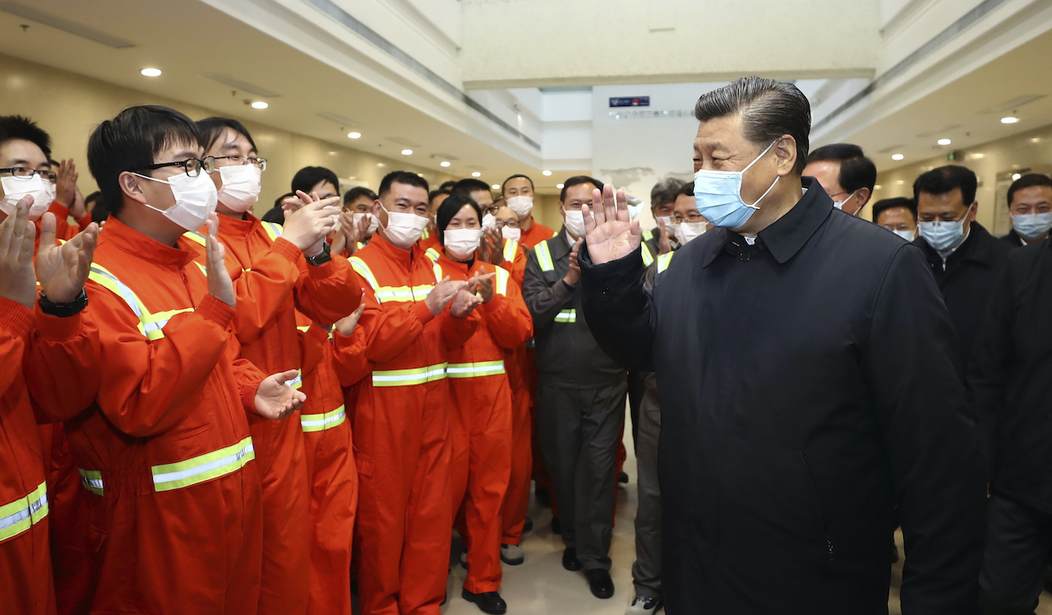




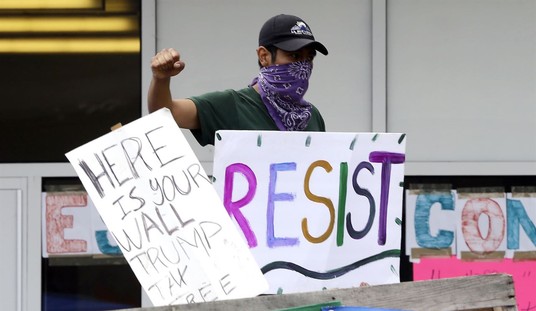
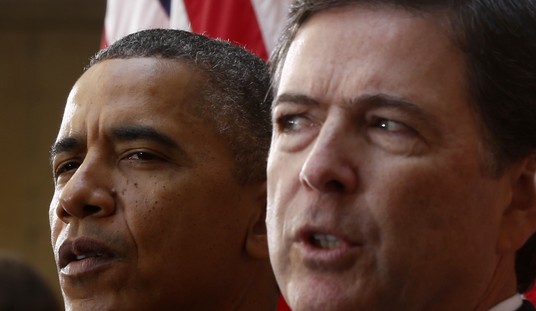


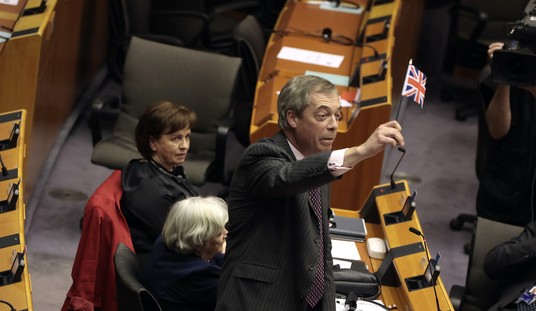




Join the conversation as a VIP Member